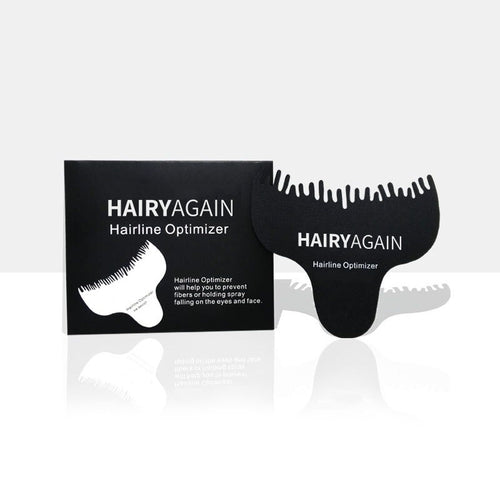Hair loss is a common problem that affects millions of people around the world. While there are many reasons why people lose their hair, stress is a common culprit that often goes overlooked. In this article, we'll explore how stress can cause hair loss and what you can do about it.
Understanding How Stress Causes Hair Loss
When you're under stress, your body releases hormones that can have a negative impact on your hair growth cycle. Cortisol, in particular, is a hormone that's released in response to stress, and it can affect the hair follicles on your scalp.
Hair follicles go through three stages: the anagen phase, the catagen phase, and the telogen phase. During the anagen phase, the hair grows, while during the catagen phase, the hair stops growing and begins to detach from the follicle. Finally, during the telogen phase, the hair falls out and the follicle rests before the cycle begins again.
When cortisol levels are high, it can push hair follicles into the telogen phase prematurely, causing them to fall out before they have a chance to grow to their full length. This can lead to overall thinning of the hair, as well as bald patches in some cases.
Other Factors That Contribute to Hair Loss
While stress is a major factor that can contribute to hair loss, there are other factors that can also play a role. Some of these include:
- Genetics: Your genes play a big role in determining whether or not you'll experience hair loss.
- Age: As you get older, your hair naturally starts to thin and fall out.
- Hormonal changes: Changes in hormone levels can also cause hair loss, particularly in women going through menopause.
- Medical conditions: Certain medical conditions, such as alopecia areata, can cause hair loss.
What You Can Do to Combat Hair Loss
If you're experiencing hair loss due to stress, there are a number of things you can do to help combat the problem. Here are a few suggestions:
- Manage your stress levels: Finding ways to manage your stress, such as through exercise or meditation, can help lower your cortisol levels and reduce the impact on your hair growth cycle.
- Eat a healthy diet: Eating a diet rich in vitamins and minerals can help support hair growth.
- Use hair loss treatments: There are a variety of hair loss treatments available, such as minoxidil or finasteride, that can help slow down or reverse hair loss.
- Consider hair replacement options: If you're experiencing significant hair loss, hair replacement options such as hair transplants or hairpieces may be worth considering.
HairyAgain Hair Building Fibers as a Solution
In addition to the above-mentioned solutions, you can also try HairyAgain hair building fibers as a temporary solution to conceal the thinning areas on your scalp. These fibers are made of natural ingredients and are dermatologist-recommended. They can be used in conjunction with other hair loss treatments for the best results.
HairyAgain hair building fibers are a temporary solution that can help restore your confidence while you wait for other hair loss treatments to take effect. They do not promote hair growth, but rather simply cover the thinning areas on your scalp to give you the appearance of a full head of hair.
FAQs
Can stress-related hair loss be permanent?
In most cases, stress-related hair loss is temporary and will grow back once the underlying stress has been addressed. However, in some cases, chronic stress can lead to permanent hair loss.
Can stress cause hair loss in women?
Yes, stress can cause hair loss in women, particularly during times of hormonal fluctuations such as pregnancy or menopause.
Are there any supplements that can help with stress-induced hair loss?
Biotin supplements have been shown to help support hair health, but it's important to talk to your doctor before starting any new supplement regimen.
Is hair loss always permanent?
Not all hair loss is permanent. In some cases, hair may regrow on its own or with the help of treatments like minoxidil or finasteride.





